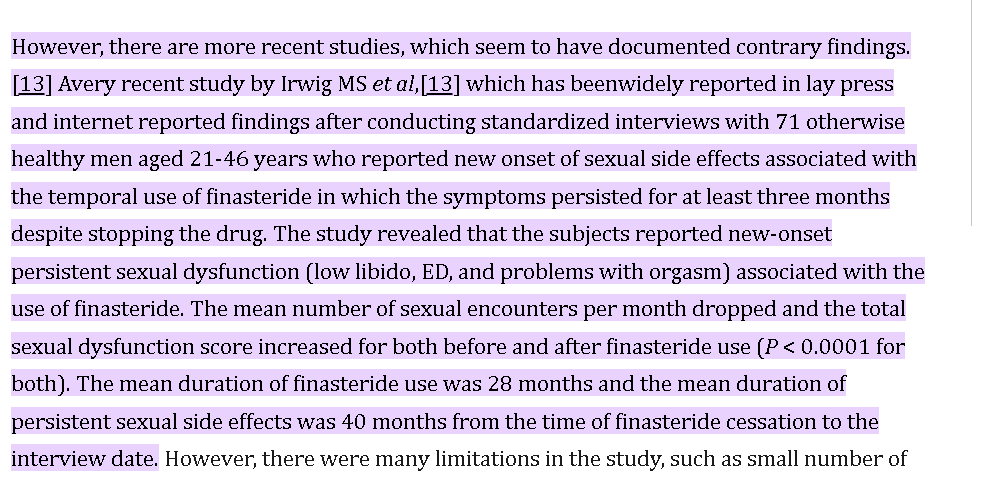GreekGenes
Humanity's Strongest
- Joined
- Aug 19, 2024
- Posts
- 4,006
- Reputation
- 6,529

Fish Oil in Diet Can Cause Hair Loss in Mice, Study Finds
The oil’s omega-3 fatty acids accumulate in the mice’s skin, triggering an immune response that causes hair loss.
www.the-scientist.com
"In this case, TNF-a was inducing the death of hair follicle stem cells therefore resulted in hair loss. Further staining tests confirmed that these high TNF-a levels were only present in mice that had consumed fish oil, and when a new round of fish-oil–fed mice were treated with anti-TNF-a antibodies, they exhibited significantly less hair loss."
Yeah it's just a mice study but as someone with AGA i wont be taking Omega3 anytime soon until the science on this is settled.






